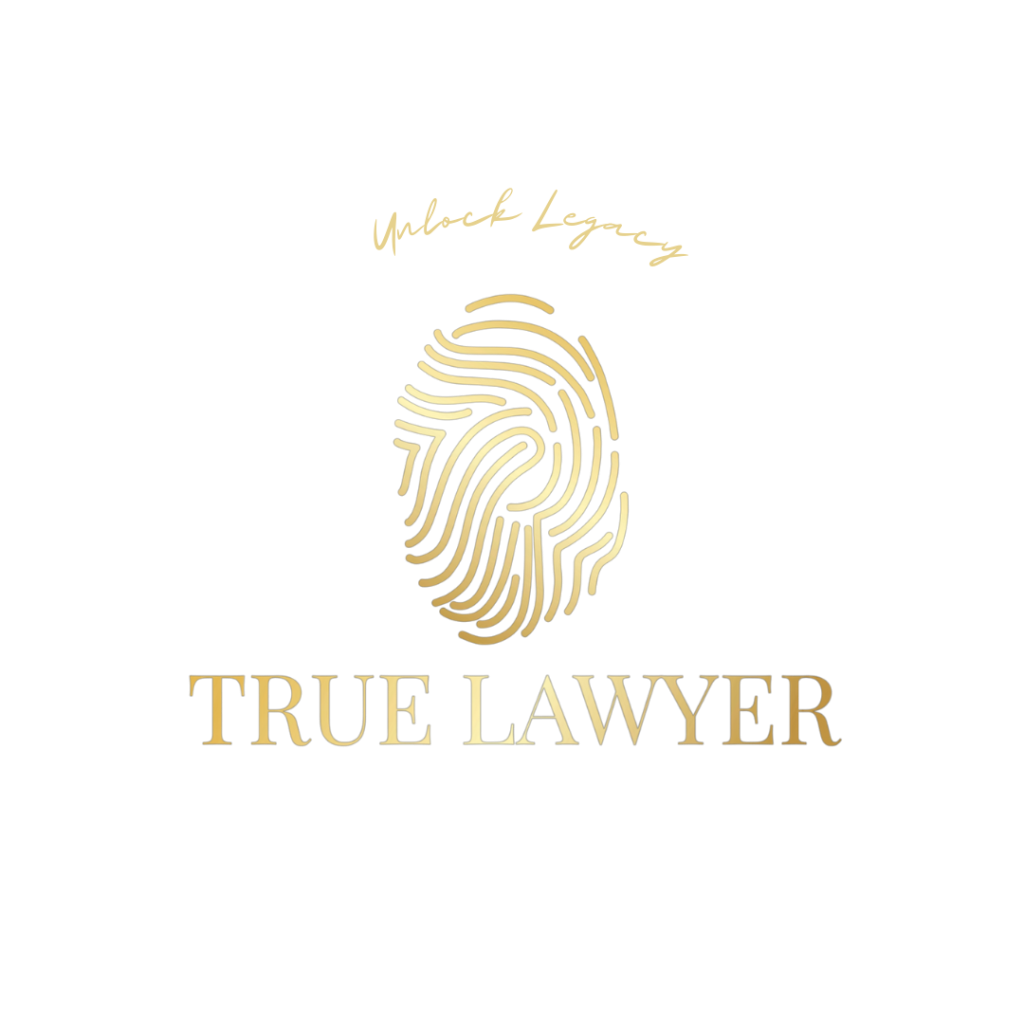Copyright can be a challenging concept to understand. However, knowing the common copyright misconceptions is essential to protecting original works. Some land in legal trouble because they share protected content without fully comprehending the law.
Fortunately, you can take advantage of several resources to gain a better understanding. Copyright and trademark lawyers at True Lawyer are here to explain five fundamental misconceptions you should know.
#1 Copyright Will Protect Ideas
Copyright only applies to tangible products. Recorded works are documents that a court or attorney can view with direct evidence of original authorship. Ideas are more abstract concepts that copyright will not protect, though some fields do offer patents for ideas.
Here is a list of tangible products copyright could protect:
- Music
- Film
- Writing (books, screenplays, technical)
- Artwork
#2 Sharing Copyright Material From the Internet Is ‘Fair Game’
The internet may be a public forum, but “publicly accessible” is not the same as “public domain.” So, not all of the content is fair use.
The internet is a host to many works listed in the public domain. Still, not all content on the internet is public domain.
A piece of content will fall under this category only once its copyright expires. When sharing material online, pay close attention to its rights and restrictions.
#3 If I Don’t See a Copyright Notice, I Can Use It
This idea is one of the biggest copyright misconceptions that catch many off-guard. U.S. law used to require copyright notices, but that has changed.
The law does not require authors to provide a copyright notice on original works in the United States. Copyright still applies with or without notice. For this reason, be very selective about the material you choose to share.
Still, notices are useful, reminding third parties about a work’s protection. This is a great way to avoid constant legal annoyances.
#4 If I Don’t Make Money Sharing the Copyright, I Can Use It
Copyrights protect the owner’s authorship, even when money’s not involved. You could face a lawsuit if they lose money or sustain other setbacks from you sharing their material.
Losing a copyright infringement suit can be costly. It may mean you owe the author financial compensation for lost royalties and revenue.
#5 Most Authors Won’t Know if I Share Their Work
This copyright misconception leads to countless lawsuits every year. Many authors hire a thorough copyright department to check for infringements wherever they can.
It is surprisingly easy to track down copyrighted works. Regardless of how low-profile they appear, attorneys just need to follow a paper (or digital) trail.
Legal action may come in the form of a cease and desist letter. More tenacious attorneys may go straight for financial compensation. It’s always best to obtain permission from the author before using their content.
Find a Copyright Attorney
These were only five of the most common misconceptions we typically hear. However, our attorneys can name dozens of copyright myths that create legal headaches. It is best to work with a law firm that will educate you on the standards of copyright law.
True Lawyer is here to help on your behalf. We value our clients and their time. Our firm will partner with you to seek worthwhile outcomes to your legal concerns.
Our attorneys have years of experience in copyright and trademark law. True Lawyer consultation is an excellent resource for learning more about protecting content.
Do you want to learn more about copyright misconceptions? Contact True Lawyer copyright attorneys in Chicago, IL for more information. Call our firm at (708) 270-0620 to schedule an appointment.


